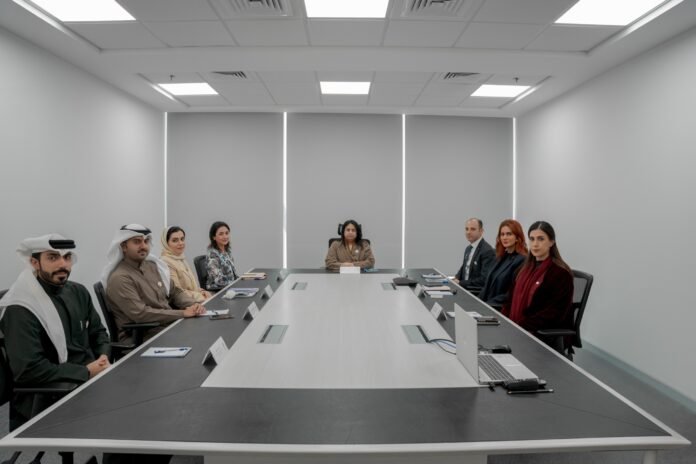Bahrain advances gender equality by strengthening the role of Equal Opportunities Committees across ministries and institutions.
The Supreme Council for Women, led by Secretary-General Lulwa Saleh Al-Awadhi, recently met with committee heads to discuss progress.
Also, the meeting, held at the Council’s headquarters in Riffa, focused on enhancing cooperation and activating these committees to fulfill their goals.
Al-Awadhi opened the meeting by conveying the greetings of Princess Sabeeka bint Ibrahim Al Khalifa.
Princess Sabeeka, the President of the Supreme Council for Women, expressed her support for the ongoing efforts of the committees.
Al-Awadhi praised the strong coordination between the Council and Equal Opportunities Committees across different ministries.
Bahrain advances gender equality by ensuring the active participation of 63 Equal Opportunity Committees within the public sector.
These committees were originally established under the name “Equal Opportunity Units” by 18 ministries and official institutions.
Al-Awadhi highlighted the remarkable progress, with 50 committees submitting operational plans and reports, reflecting their dedication to the cause.
Furthermore, the meeting also reviewed the mandates of the Equal Opportunity Committees, in line with the Civil Service Bureau Instructions No. (4) of 2014.
Additionally, these guidelines focus on enhancing the role of committees in promoting gender balance and integrating the needs of working women.
Al-Awadhi stressed the importance of avoiding overlap between the committees’ mandates and the tasks of the ministries they serve.
Also, as the meeting continued, heads and members of the Equal Opportunities Committees shared their suggestions and views.
They expressed gratitude for the Council’s initiative, which will streamline their work and support gender equality goals.
The committees also emphasized their commitment to creating a better work environment for women.
To conclude, Bahrain advances gender equality through the continuous improvement of institutional frameworks that support women’s rights.
By fostering collaboration and alignment, these committees will play a key role in achieving lasting gender balance in the workplace.


